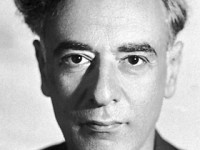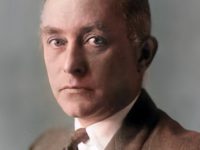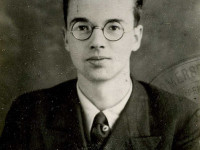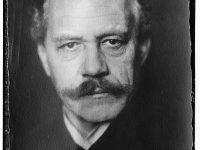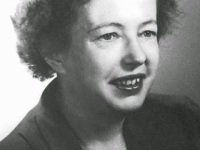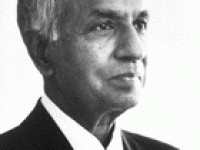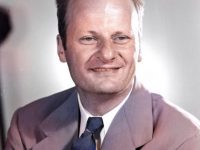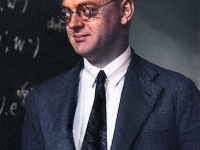Lev Landau – Superfluidity, the Hydrogen Bomb and Sarcastic Remarks
On January 22, 1908, Soviet physicist and Nobel Laureate Lev Landau was born. Landau made fundamental contributions to many areas of theoretical physics. He received the 1962 Nobel Prize in Physics for his development of a mathematical theory of superfluidity that accounts for the properties of liquid helium II at a temperature below 2.17 K (−270.98 °C). Lev Landau – Early Years Lev Landau was the son of the Caspian-Black Sea Joint-Stock Company…
Read more

